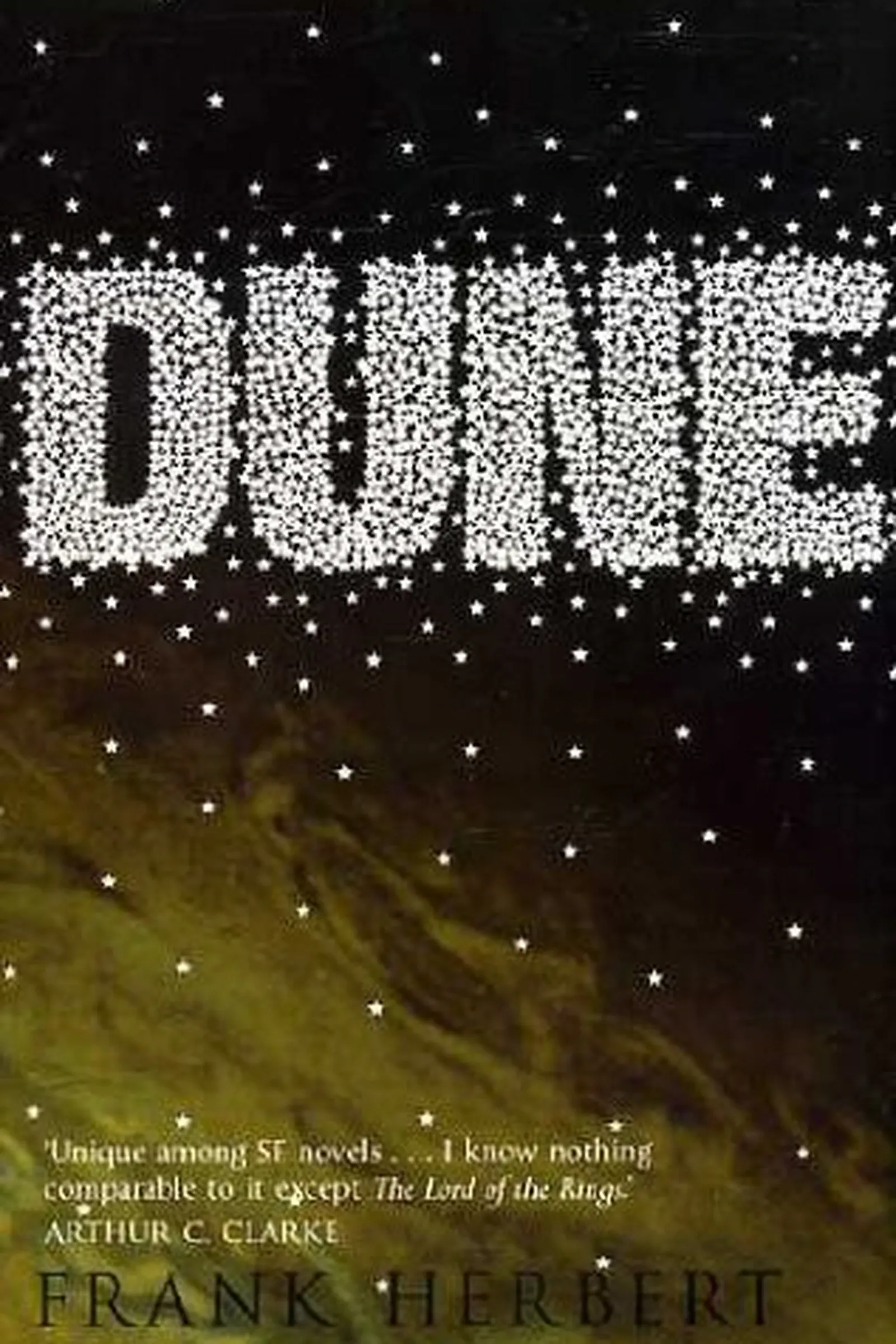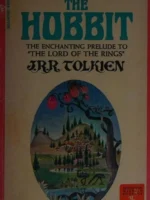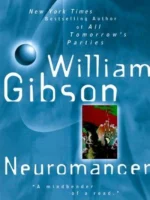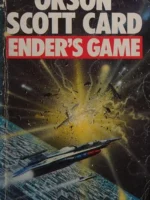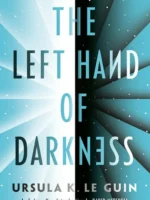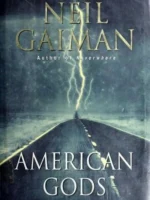Dune, Frank Herbert, 1965
- Author: Frank Herbert
- Genre: Sci-Fi/Fantasy
- Publisher: Ace Books
- Publication Year: 1965
- Pages: 688
- Format: Paperback
- Language: English
- ISBN: 978-0441172719
- Rating: 4,3 ★★★★★
Dune Review
Dune by Frank Herbert is epic science fiction with sand in its teeth. Published in 1965, it follows Paul Atreides as his family takes control of the desert planet Arrakis, the only source of the spice that powers space travel. For you, this book offers politics, ecology, and prophecy in one sweep: a survival story about culture and climate as much as destiny. It is dense in the right way: full of ideas that stick and images that do not leave.
Overview
Herbert builds a world where every detail matters: water as currency, religion as strategy, and language as a map of power. You will notice how court intrigue collapses into guerrilla survival and how Paul’s training becomes relevant one hard lesson at a time. The book is patient: it teaches you its rules, then pushes its characters to the edge of them.
Summary
The Atreides arrive on Arrakis under imperial orders and walk into a trap. Betrayal scatters the family. Paul and his mother, Jessica, flee into the desert and are taken in by the Fremen: a fiercely disciplined people who turn scarcity into strength. As Paul adapts, visions of possible futures grow louder. Without spoiling late turns: he unites Fremen tactics with political leverage, challenges the empire’s balance, and discovers that fulfilling a prophecy carries a price. The ending is victory with consequences: a new order born from sand and sacrifice.
Author
Frank Herbert writes with a worldbuilder’s patience and a journalist’s curiosity. He treats ecology as plot, not backdrop, and gives you characters who think before they strike. You benefit from prose that trusts you to keep up.
Key Themes
You will explore resource scarcity as a moral test. You will see prophecy as politics. You will consider culture as survival technology. You will meet leadership as duty measured against unintended outcomes.
Strengths and Weaknesses
Strengths: immersive setting, layered politics, and a coming-of-age that doubles as cultural translation. Weaknesses: a steep learning curve and a tone that can feel austere. Overall: a landmark that earns its size.
Target Audience
Ideal for readers who enjoy big ideas, patient worldbuilding, and strategic conflict. Great for book clubs that like to argue about power, religion, and environment.
Favorite Quotes
Short lines land: fear is a mind killer, plans within plans, the desert remembers.
Takeaways
For you, the key takeaway is that systems shape heroes as much as heroes shape systems. Pay attention to incentives, to land, and to the stories people need.
| pa_author | Frank Herbert |
|---|---|
| ISBN | 978-0-531-31954-3 |
| pa_year | 1997 |
| Pages | 574 |
| Language | English |
